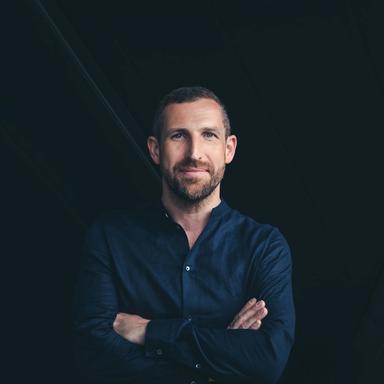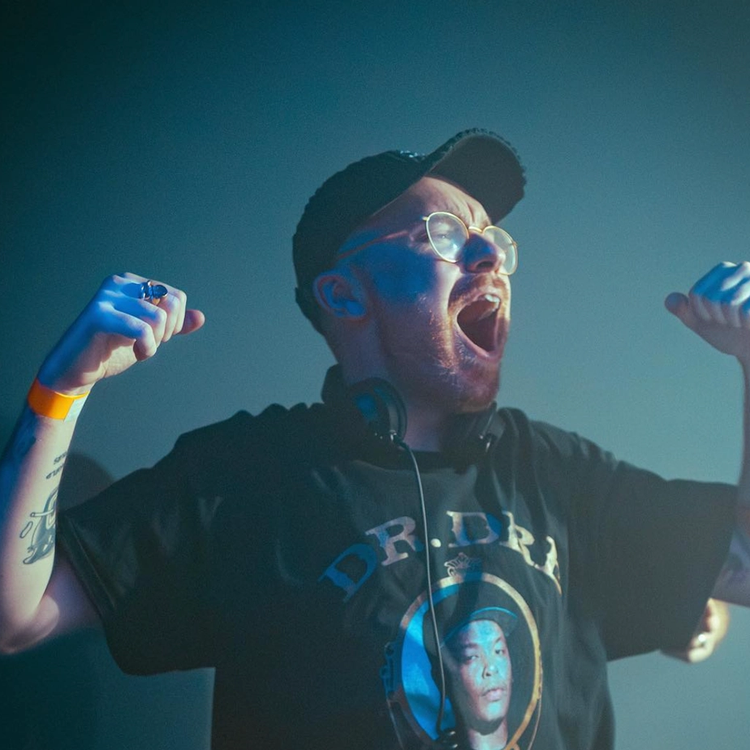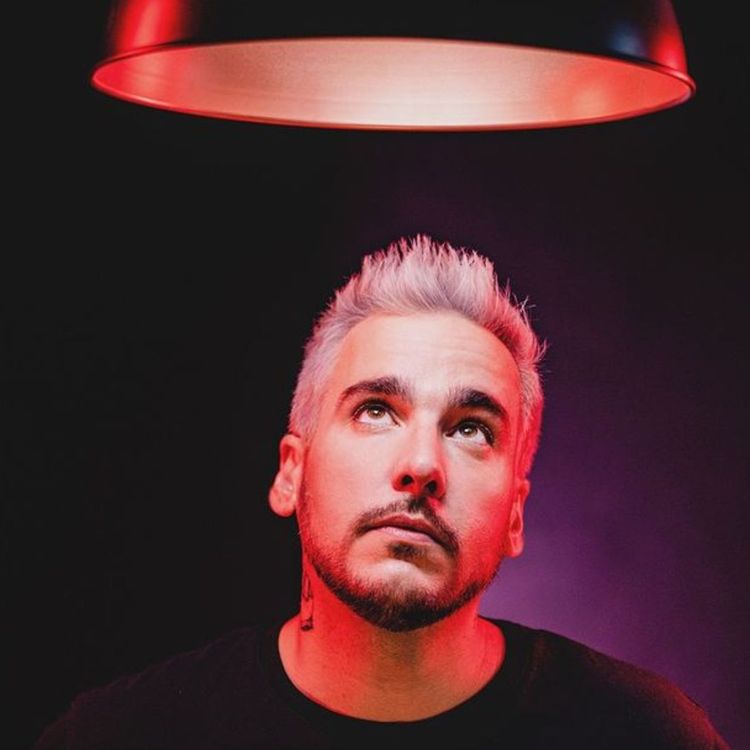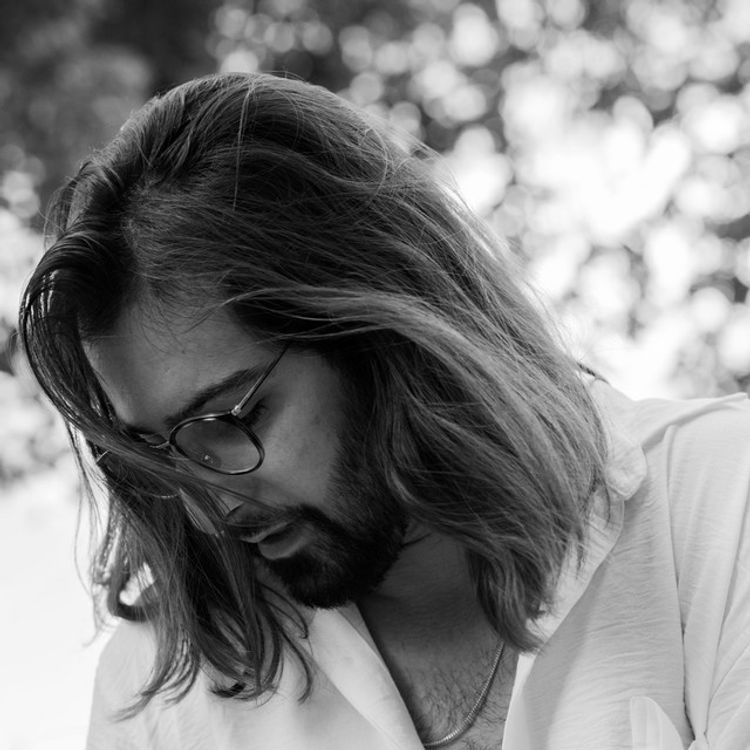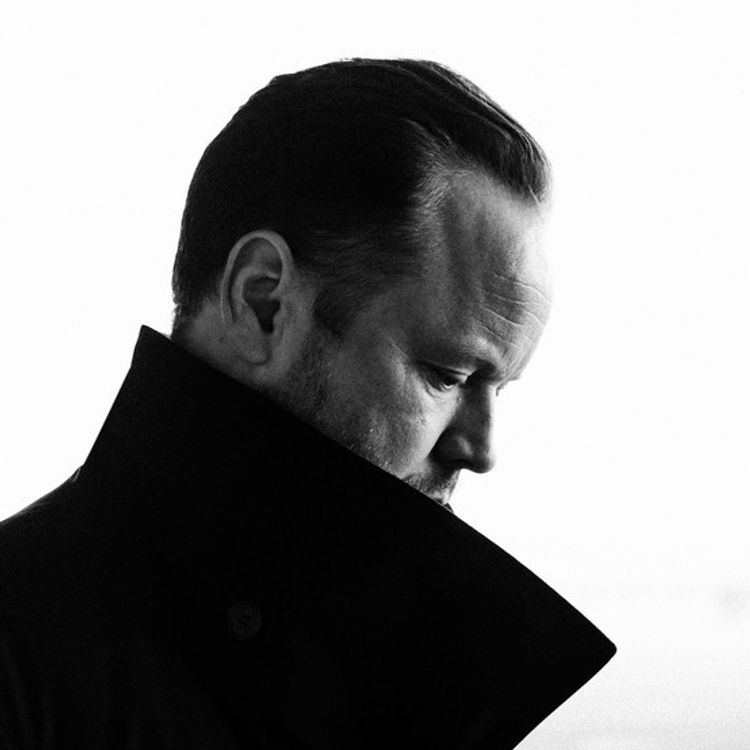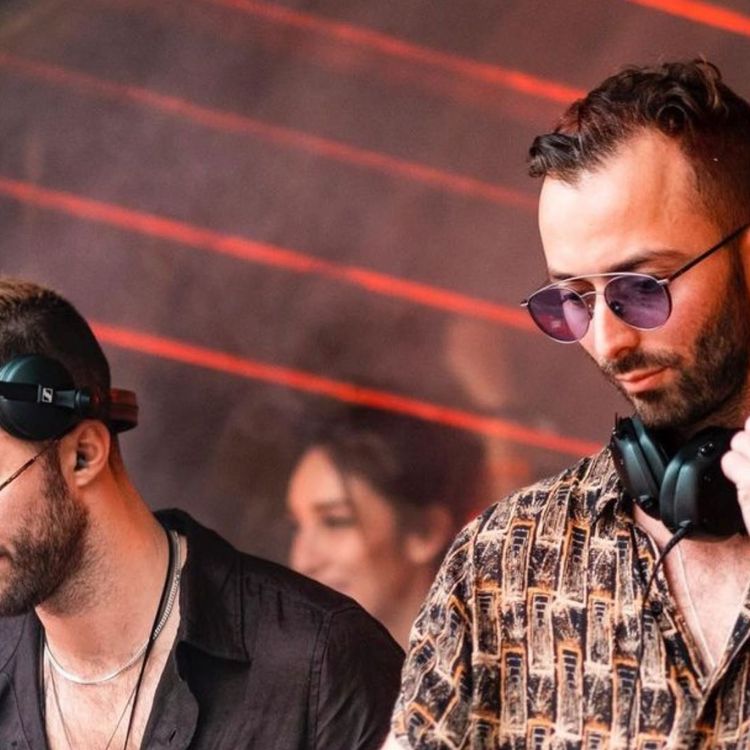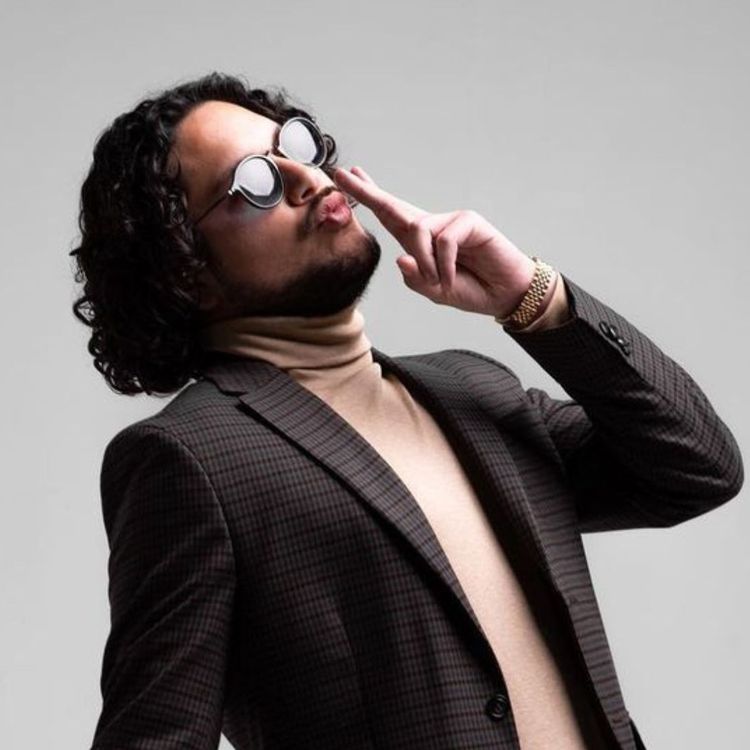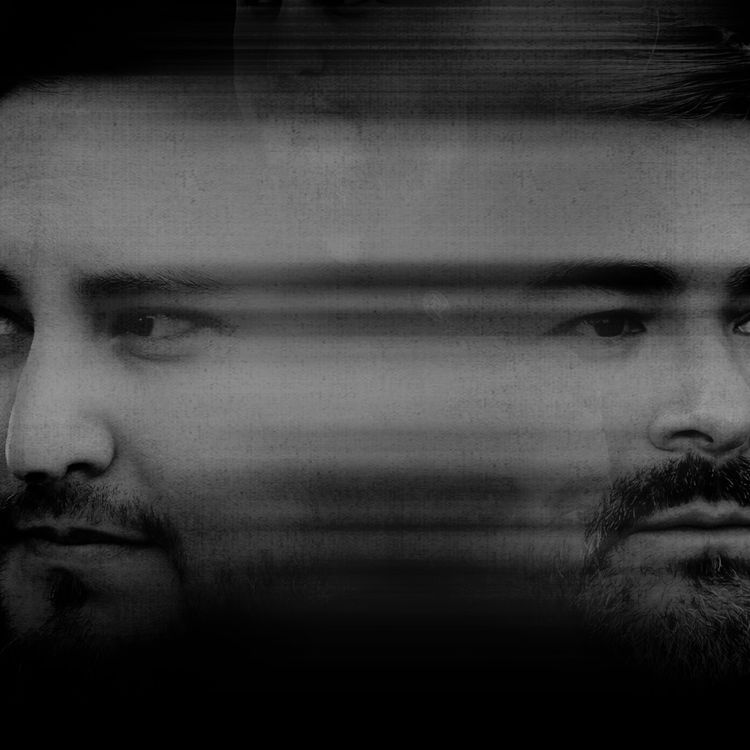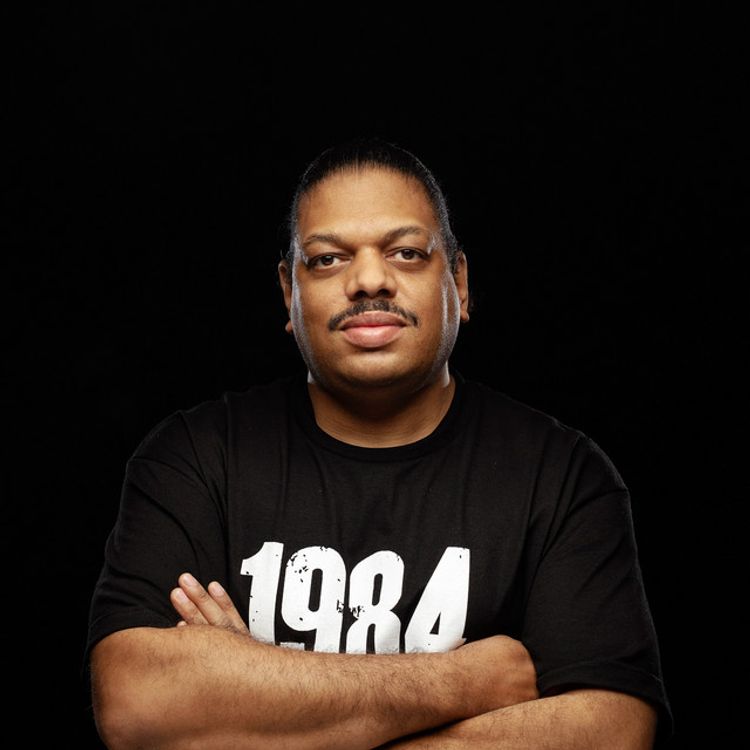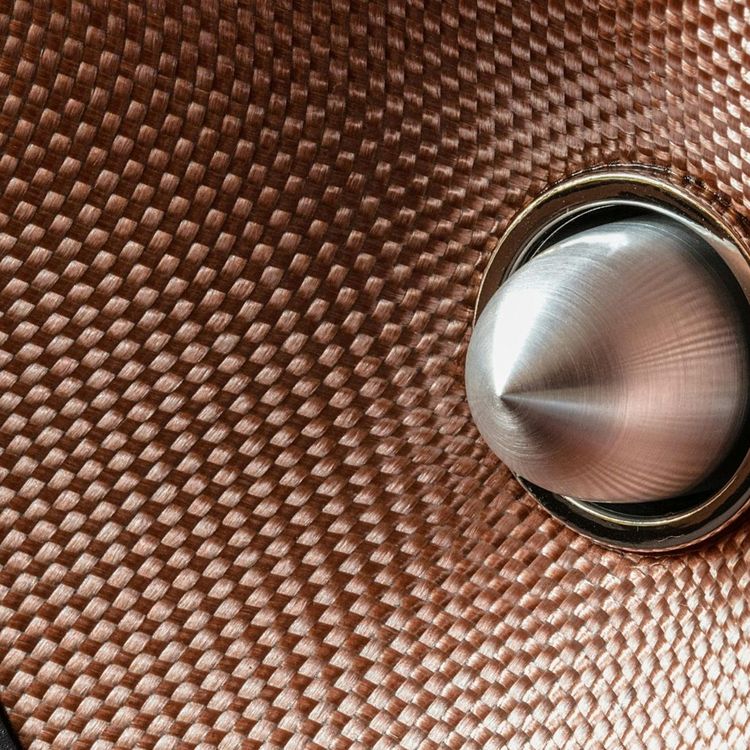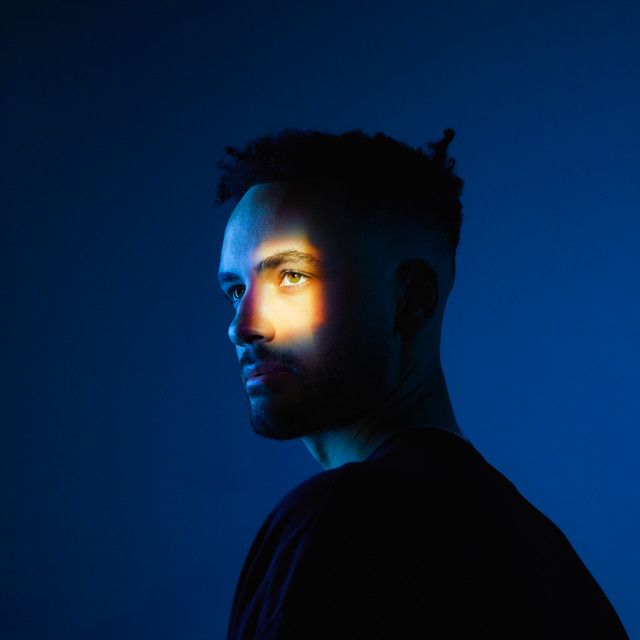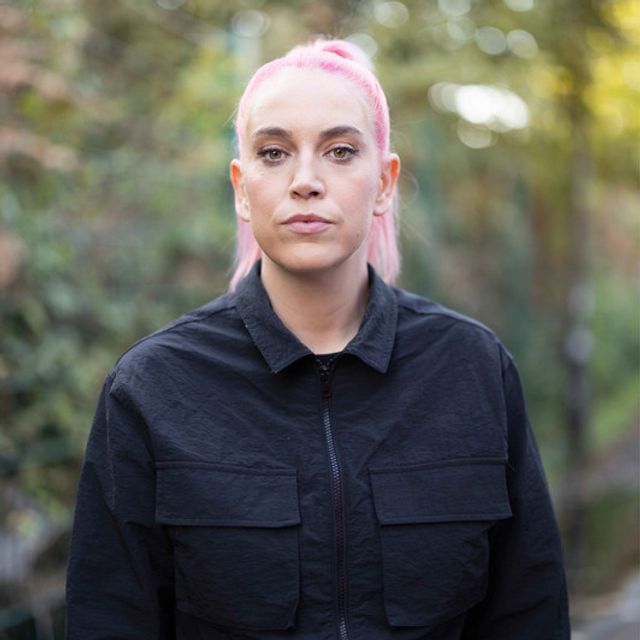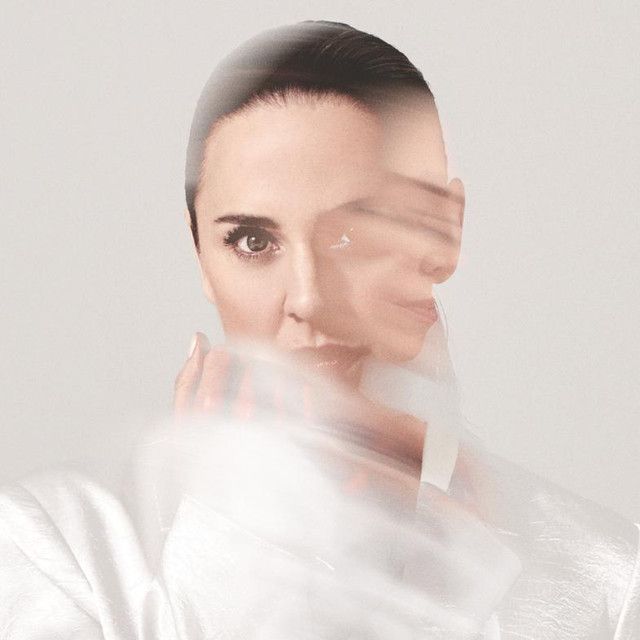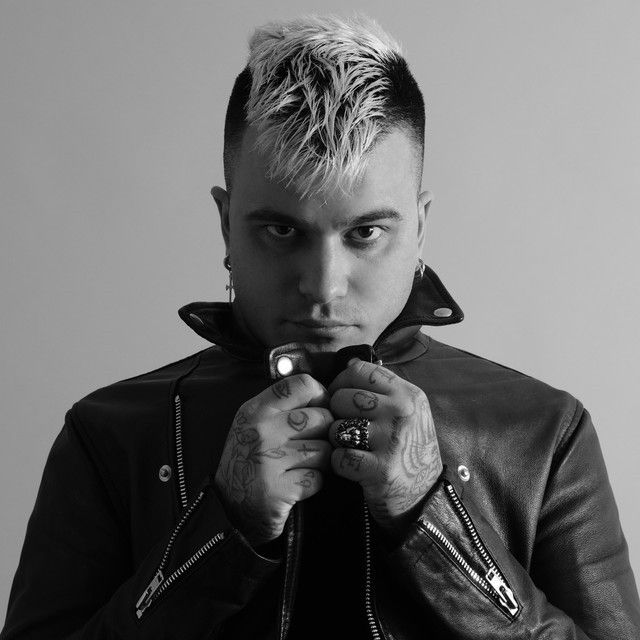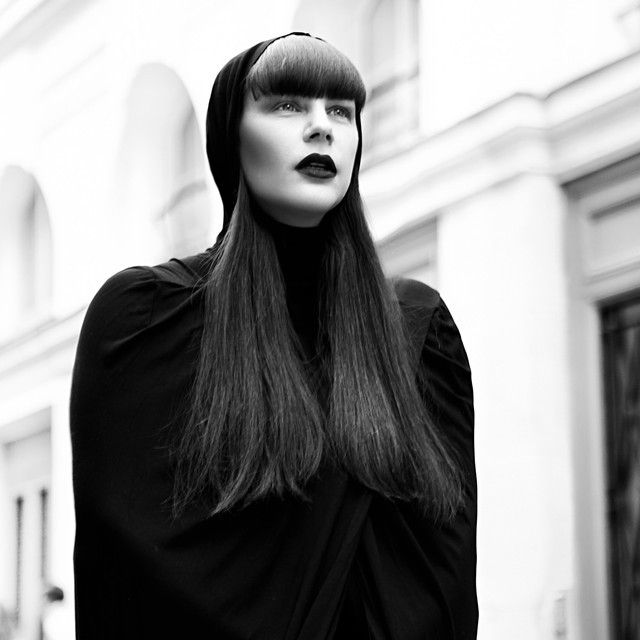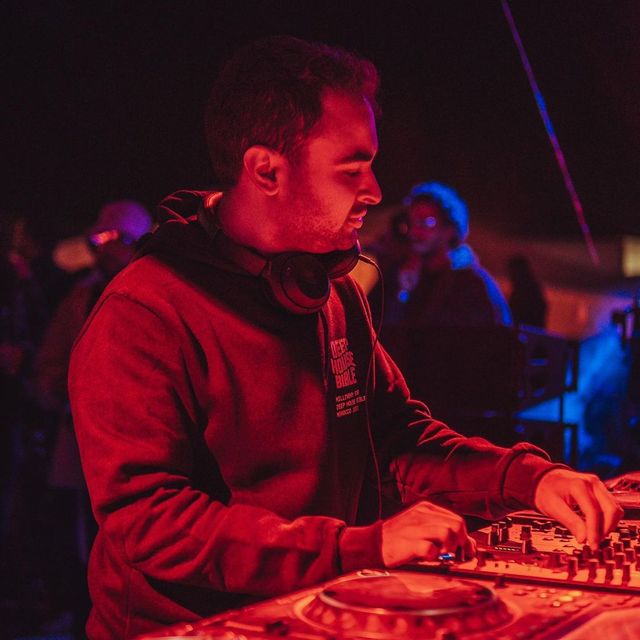Artist Spotlight
With releases stretching back two decades on labels such as Dirtybird, Poker Flat, and his own imprint Moon Harbour, Matthias Tanzmann is a stalwart of the European house scene. The German artist's impressive catalog is bolstered by residencies at iconic night spots like DC10 in Ibiza and festivals like BPM, Ultra, and Tomorrowland. Tanzmann is also one third of Better Lost Than Stupid with Martin Buttrich and Davide Squillace. We caught up with him as he returned from a short tour of North and Central America to look back on his life and times.
Tanzmann grew up in Leipzig, in former East Germany, hitting his teens just after the Berlin Wall came down, and the Soviet bloc disintegrated. Like many Germans, he found this to be a time of enormous freedom and exploration.
“When the Wall came down there were so many abandoned places,” says Tanzmann. “It was a period of restructuring and old factories went out of business. All those places were empty and no one really knew what was going on. The police force had to be restructured so you could do a lot of things that nobody cared about.”
Like Berlin in the years after reunification, these abandoned spaces were ideal venues for raves and celebrations of newfound freedom.
“There were so many illegal parties. You would just move a very basic sound system into an abandoned place and put in a bar and away you go. Nobody would care – there was no police. It was a time with so much opportunity. It was so new. This is what really got me into electronic music and this whole world.”
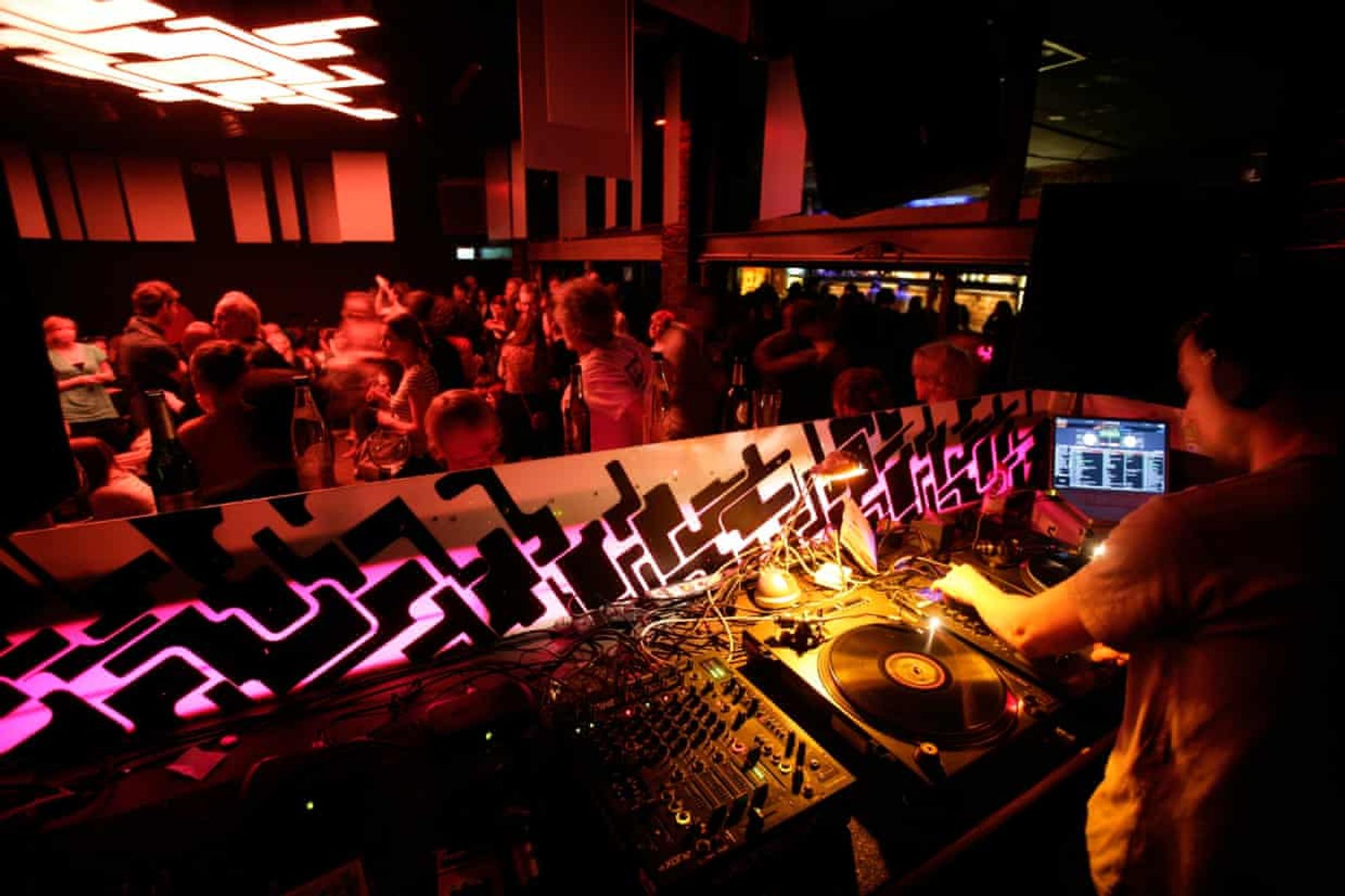
Distillery club, Leipzig | Photograph: martin@distillery.de
Tanzmann started playing house music in local bars before landing a residency at the Leipzig institution Distillery.
“It was a big step for me. Distillery was already a legendary club back then. First, I played the basement, which was more techno than house, then in 1997 I had my first appearance upstairs on the house floor, which was a better fit for me. But the crowd was way more open-minded back then. Techno and house weren’t clearly defined. Everything was new and the crowd was super mixed – you’d have queer people, someone in a suit over there, a punk over here, just this really diverse crowd.”
Around the same time, Tanzmann started producing music under Gamat 3000 using basic hardware synths and effects. “From the first money I earned, I bought the most basic sampler you can think of and we had one Yamaha synth and two cheap effects. It was exciting. Now you have all those options in a big studio, but back then being limited to just a few sounds and samples, it was a good thing. We had to focus on the limited equipment we had.”
Tanzmann and some friends from Distillery founded Moon Harbour Recordings in 2000, mainly as a label to put out their own releases. Still going strong, last year Moon Harbour celebrated its 20th anniversary. “We never expected it to exist for so long or to get so much international recognition,” says Tanzmann. “There was no business plan. It was just – hey let’s do something.”
By 2007, with Moon Harbour firmly established as a deep house imprint, Tanzmann was DJing small shows around Europe when CircoLoco invited him to play at the iconic Ibiza club DC10.
“I had played Space and a few other gigs in Ibiza before this. Then in 2006 I released a track that was played a lot at DC10, so they invited me to play a New Year’s Day party as a try-out.” Then disaster struck. “I was playing a New Year’s Eve gig in London and my luggage was lost on the way to Ibiza.” Tanzmann had some records on him, but the lost luggage meant he was late for his CircoLoco show. “Because we were so late, they took me from the airport directly to the club, opened the back door and shoved me into the DJ booth and I started playing immediately. I didn’t have a chance to get nervous.”
The slot led to a residency at CircoLoco for the 1997 Ibiza summer season, and he remains one of CircoLoco’s most frequent guests. Tanzmann had found his home away from home. In the subsequent 15 years, he built growing international renown playing deep house, minimal, and tech house, learning to craft his sound, whether playing small clubs with 300 people on the dancefloor or huge parties of 10,000 people. But for Tanzmann, the house sound continues to inspire him.
“House is always going to be interesting. It’s so self-referential – you have these cycles where it sounds like the ’80s again, then it sounds like the ’90s TR-909 rave sound, and now it’s the very melodic stuff. I don’t even know where house is right now – there are so many different scenes. But that’s good – it just underlines how big house has become.”
Ibiza remains one of Tanzmann’s favorite places to play, but he also shouts out South America, especially Argentina, Peru, and Chile. “You have such a responsive and educated crowd in these places, it’s amazing to play there. Recently, I was also able to play again in the US, which I love. And hopefully as the world opens up I’ll be able to play more. I had some great times in Switzerland during the pandemic, as it was one of the few countries that allowed clubs to stay open most of the time.”
As lockdowns end around the world, Tanzmann splits his schedule between producing and DJing. His latest release on Knee Deep in Sound is a collaboration with long-time friend Steve Bug. He’s also working on remixes for Rony Siekelay and P. Diddy and a project with Black Circle for Moon Harbour recordings. Most of all, he looks forward to the festival circuit ramping up again after two long and quiet years.
“I just came back from a small tour in Mexico, Costa Rica and the US. Hopefully the pandemic will slow down and we’ll see each other at festivals and clubs soon. This is what I really hope for.”
